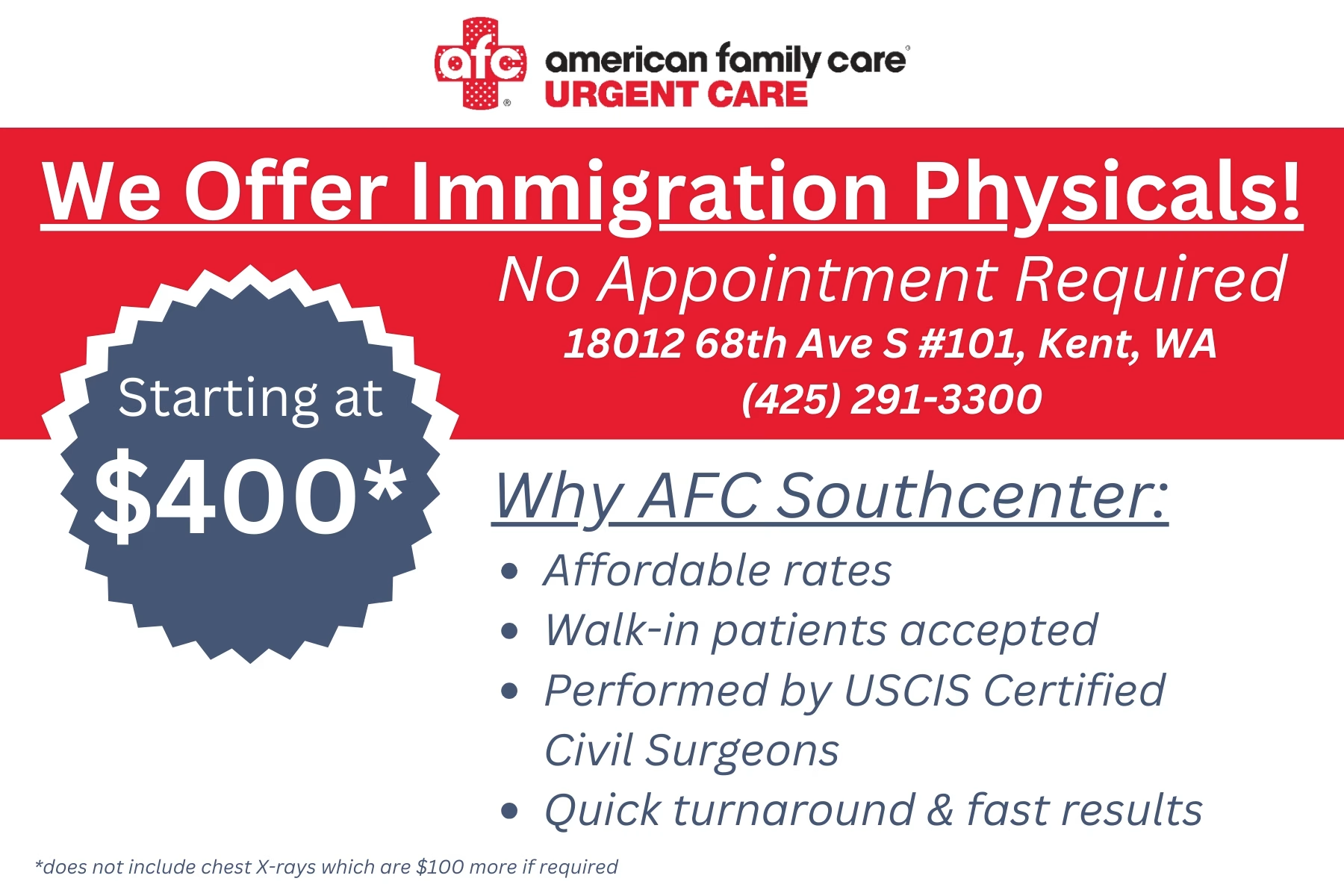During the winter months, illnesses spread faster than ever due to the increase of indoor activities. Previously thought to be a childhood disease, whooping cough is a contagious infection affecting the respiratory tract. Find out more about whooping cough, its symptoms, and how to stay healthy this fall.
Causes & Symptoms of Whooping Cough
Whooping cough is a serious respiratory infection that is caused by a bacteria. It is contracted through direct contact with an infected person or something that they have touched, like a doorknob. It also can be spread through airborne droplets that are released into the air when an infected person talks, coughs, or sneezes.
The disease got its name from the high-pitched wheezing that infected individuals have when they breathe. Symptoms of whooping cough typically don’t present until 7-10 days after infection. This contributes to the disease being contagious because infected individuals are not self-isolating immediately.
Early Symptoms of Whooping Cough:
Whooping cough often begins with mild symptoms that present similarly to the symptoms of a cold. These mild symptoms usually don’t appear until a week after the initial infection and can last up to two weeks before getting worse.
- Coughing
- Sneezing
- Fever
- Fatigue
- Runny nose
- Congestion
- Irritated eyes
Severe Whooping Cough Symptoms:
After about two weeks of mild symptoms, patients often experience worsening symptoms. This is due to the development of a thick mucus layer that forms inside of the lungs as a result of the infection. Symptoms intensify due to this, and can include the following:
- A severe cough
- Vomiting invoked by coughing
- A red or blue face while coughing
- Wheezing while inhaling
- Trouble breathing
If you are experiencing these severe symptoms, you should seek medical treatment immediately for diagnosis and symptom treatment. Without proper treatment, whooping cough can last for up to 10 weeks and can develop into secondary infections such as pneumonia.
Does Whooping Cough Affect Adults?
Although often associated with children, whooping cough can affect anyone. In the 1930s and 1940s, whooping cough had an extremely high mortality rate, especially for young children. However, in the 1940s, the vaccine for whooping cough that we widely use today was introduced which helped decrease the mortality rate.
Although the vaccine is widely used and very effective in preventing widespread whooping cough outbreaks, it is still possible to contract whooping cough with the vaccine. In fact, most children who contract whooping cough catch the infection from an adult. The disease is especially contagious due to the delay in severe symptoms, which often leads to infected individuals exposing others in their day-to-day lives.
Whooping Cough Treatment at Urgent Care
Whooping cough can cause troubling symptoms, which is why it is important to seek medical treatment as soon as you believe you could have whooping cough. Testing for whooping cough is done via a cell swab from the nose. It is best to catch whooping cough before severe symptoms appear to prevent them from manifesting. Treatment for whooping cough usually includes a prescription for antibiotics, however, antibiotics usually are less effective at treating the symptoms of whooping cough after 3 weeks of illness.
The best way to ensure that you do not catch whooping cough is by getting the vaccine. Luckily, Tdap vaccines which target whooping cough are standard vaccines that are administered to adults and children by their primary care physician at their annual physicals. If you have not received your Tdap vaccine, you should inquire with your medical provider to ensure that you get one this fall.
Get Whooping Cough Diagnosis & Treatment Near Kent, WA, at AFC Urgent Care Southcenter
Early detection and treatment is a key part of ensuring that you do not develop severe whooping cough symptoms. At AFC Urgent Care Southcenter, we understand that your time is valuable. That is why we offer same-day illness diagnosis and treatment without the need for an appointment. Simply walk into our clinic for care, or pre-schedule your visit online.

